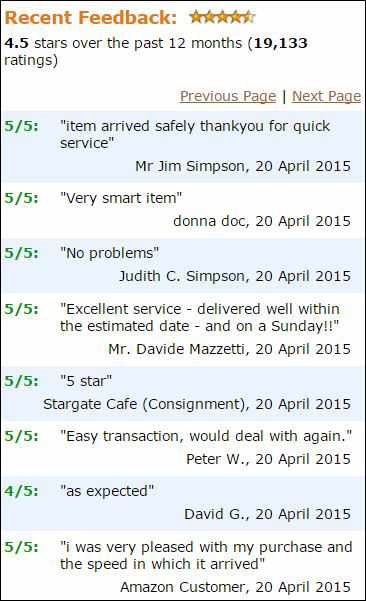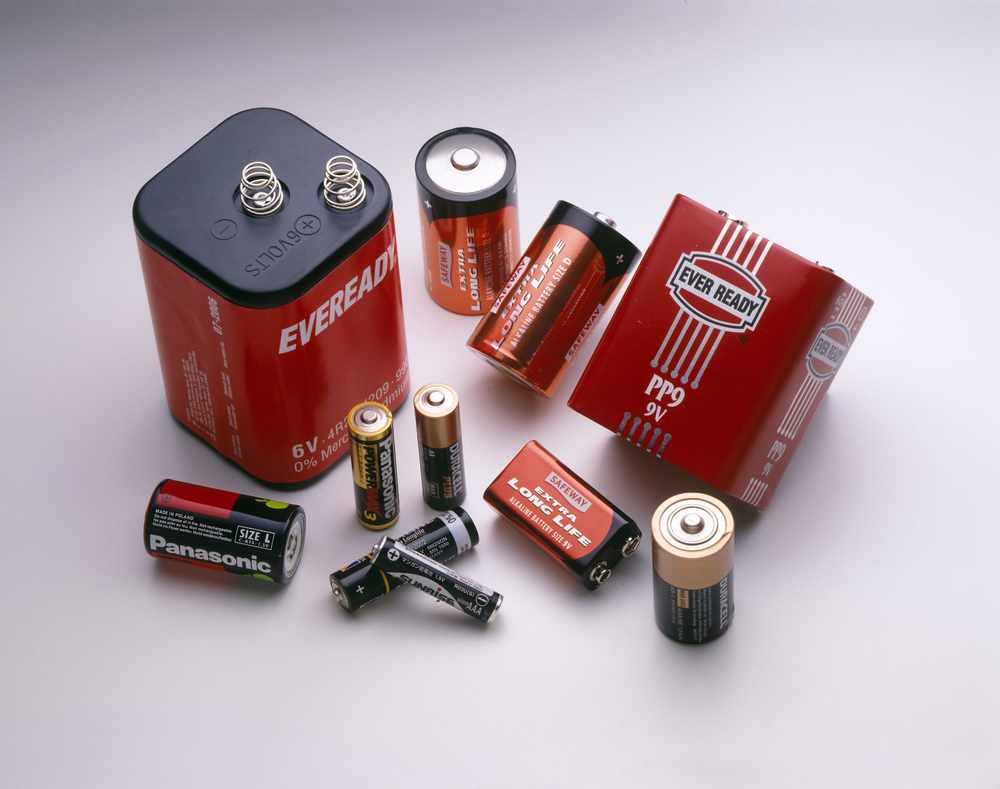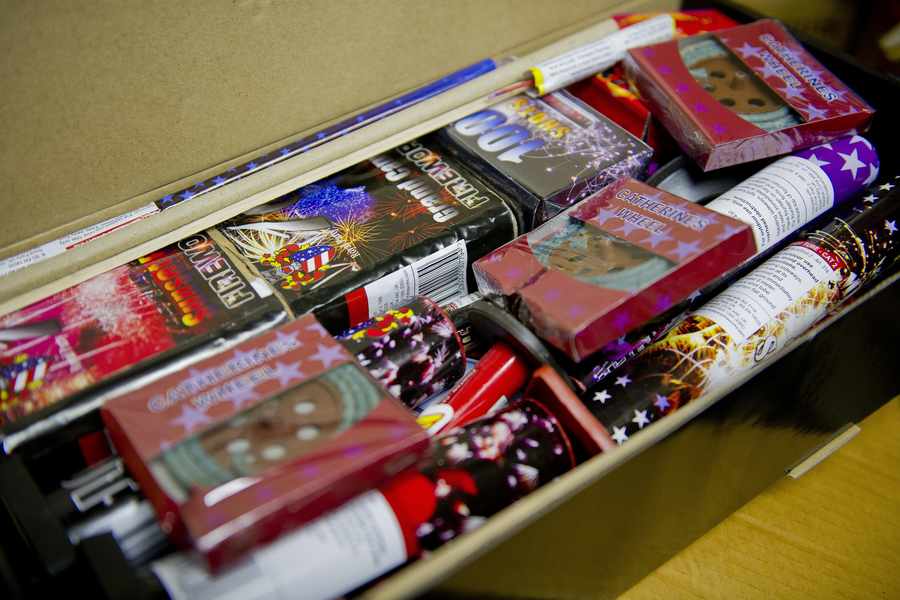- Brooks Discount Limited fined £5,000 in Bournemouth after drain cleaner leaked and burned Jersey Post staff
- The UK online shopping company was ordered to pay compensation to two employees
- Full list below of what can’t be mailed, including matches, nail polish and batteries
- What’s the strangest thing you’ve ever received in the mail? Let us know in the comments section
A UK company has been fined and ordered to pay thousands of pounds in costs after an acid-based drain cleaner they sent through the mail leaked and burned two Jersey Post staff.


Brooks Discount Limited, which was trading as Top Brand Discounts 4 U, was fined £5,000 by Bournemouth Magistrates’ Court and ordered to pay the Jersey Post employees £800 and £250 in compensation.
It was also directed to pay £12,000 to the Civil Aviation Authority – the body which launched an investigation as to how the items were able to be transported by aircraft without the proper packaging – to cover their costs.
Carl Brooks, the company’s managing director, represented the firm in court and admitted on the business’s behalf failing to comply with regulations for transporting dangerous goods.
The leak caused an emergency evacuation of Jersey Post’s headquarters in St Saviour on 31 July last year and two employees suffered minor chemical burns as a result.
Both returned to work later that day.
Retailers have now been warned by the CAA to carefully follow safety procedures when delivering restricted goods.
The court heard that the company had sold two one litre bottles of One Shot Liquid Drain Cleaner online and posted them to a customer in Jersey.
The bottles were carried on a cargo aircraft flight from Bournemouth Airport to Jersey and when the package arrived at Jersey Post’s sorting office it was leaking.
Transport and Technical Services staff removed the package after consulting the States Fire and Rescue Service.
In a statement the CAA said: ‘This case highlights the importance for all retailers, in particular those which trade online, to fully understand the regulations relating to dangerous goods when posting orders by air.

‘These regulations are in place to ensure safety and it’s important to remember that many everyday products, such as household cleaners and even some toiletries, contain potentially harmful substances and are classified as dangerous goods.’
As the package contained a corrosive substance, the product was subject to dangerous goods regulations which means it should have been packaged and labelled accordingly.
The Royal Mail bans such items from regular post and they can only be delivered if special arrangements are in place.
Andy Jehan, postal operations director at Jersey Post, said that the health and safety of the company’s employees was vital.
He said: ‘This incident was handled according to procedure at every stage of the process, including throughout the legal action that resulted.
‘We are pleased that this has been successfully concluded.
‘We would urge all customers, whether they post items for business or as gifts to family and friends, to check that the items they are sending comply with the dangerous goods regulations by which Jersey Post abides.’
Dangerous Goods transport regulations are enforced by the Civil Aviation Authority (air), Maritime and Coastguard Agency (sea) and Health and Safety Executive (road and rail).
To comply with transport legislation, and ensure that mail in transport does not present a danger to the general public, certain items are restricted or prohibited from the postal network.
Under the transport legislation, many everyday items, such as aerosols, nail varnish and perfumes are considered dangerous goods.
If in doubt contact Jersey Post before sending any items.
Items which cannot be sent by international mail unless special arrangements are in place:

Aerosols
Alcohol above 24 per cent ABV
Ammunition (except airgun pellets)
Batteries – lithium (lithium ion/polymer/ metal/alloy batteries sent on their own or sent with but not connected to a device such as a mobile phone, MP3 player or digital camera),
Batteries – wet, non-spillable (e.g. sealed lead acid batteries, absorbed glass mat and gel cell batteries)
Batteries classified as dangerous goods and certain used batteries (including wet spillable lead acid/lead alkaline batteries (e.g. car batteries), lithium batteries when not connected to a device, damaged batteries of any type and used alkaline, nickel metal hydride (NiMH) or nickel cadmium (NiCd) batteries),
Clinical and medical waste
Controlled drugs
Corrosives (including dyes, acids, corrosive paint and rust removers, caustic soda, mercury and gallium metal)
Dry ice
Electronic devices (sent with lithium batteries where the battery is not connected to the device)

Electronic items containing any batteries exceeding 100wh (including electric bicycles and some high performance laptops)
Environmental waste (including used batteries and used engine oil)
Explosives (including fireworks, flares, blasting caps and car airbag components)
Flammable liquids (including acetone, certain alcoholic beverages, benzene, petroleum, lighter fluid, solvent-based paint thinners and removers, certain perfumes and aftershaves, varnishes including nail varnish or polish, enamels and certain adhesives)
Flammable solids (including magnesium, phosphorous, potassium, sodium, sodium hydride, zinc powder and fire lighters)
Gases (including flammable, non-flammable, toxic and compressed gases, gas cylinders for camping stoves, butane, ethane, methane, propane, fire extinguishers and scuba tanks)
Human and animal remains (including ashes)
Infectious substances and pathogens
Lighters and refills containing flammable liquid or gas
Liquids of more than 1 litre

Matches
Nail varnish or nail polish
Oxidising materials or organic peroxides (including disinfectants, nitrates and hair dyes or colourants containing peroxide)
Perfume and aftershave
Pesticides (including weed killer and any chemical used to kill pests and insects, such as fly sprays)
Poisons, toxic liquids, solids and gases
Solvent-based paints, wood varnishes and enamels
Waste, dirt, filth or refuse (including household waste)
Weapons (including Section 5 Firearms, CS gas and pepper sprays, flick knives, Tasers and stun guns)






